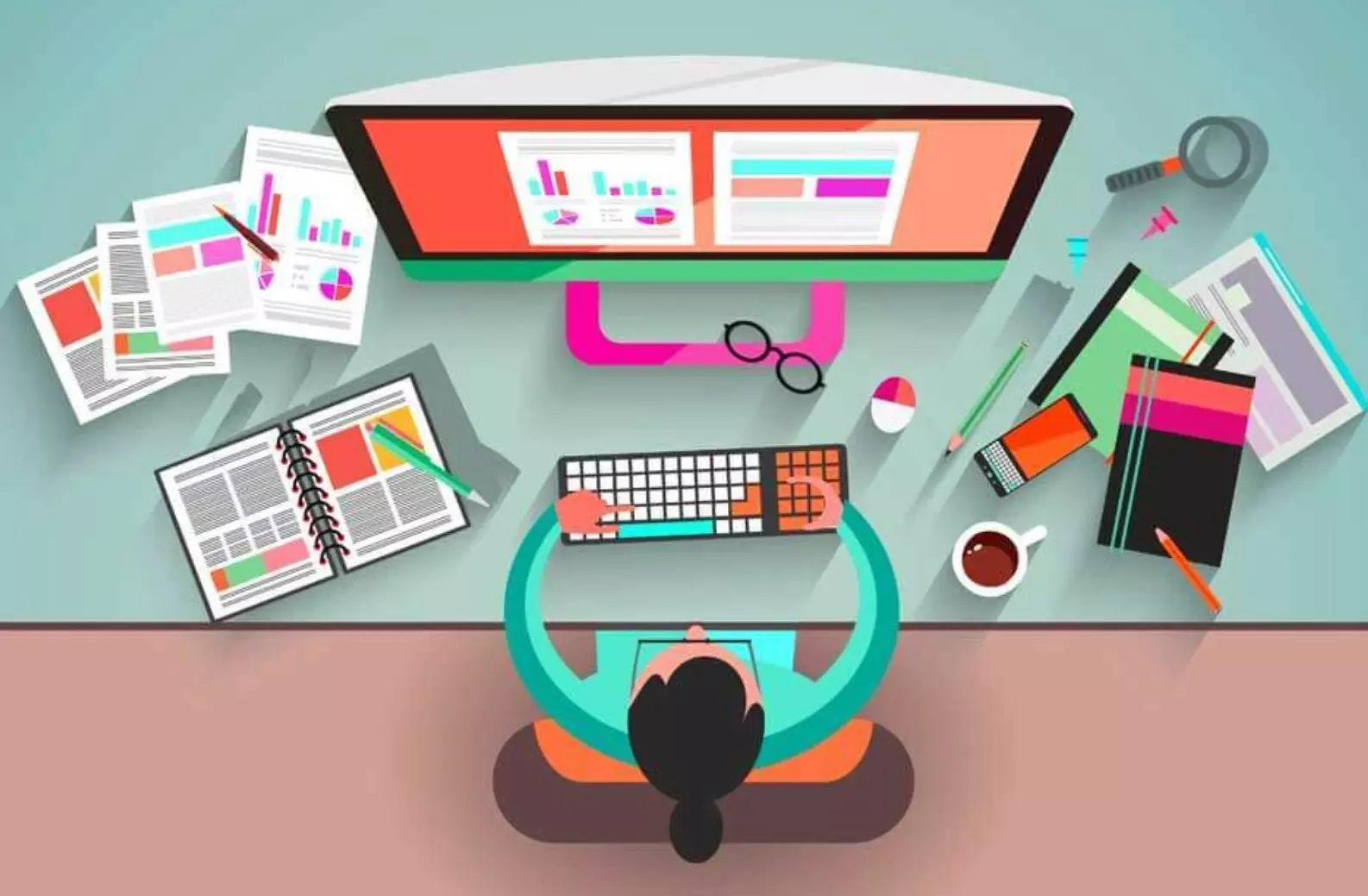Best Web Design Practices for Improving Website Accessibility

Ensuring your website is accessible to all users goes beyond legal compliance; it’s a crucial step toward fostering inclusivity and enhancing the user experience. Websites that follow accessibility best practices are designed to cater to a wider audience, including those with disabilities. Adopting these practices not only broadens your reach but also improves overall usability. To achieve this, consider partnering with the best website design company in India for expert guidance on implementing effective accessibility solutions.
1. Use Semantic HTML
Semantic HTML helps browsers and assistive technologies understand the structure and content of your web pages. By using proper HTML tags like <header>, <footer>, <article>, and <nav>, you ensure that screen readers can accurately interpret the page’s layout and content. For instance, <h1> should be used for main headings, while <h2> through <h6> should be used for subheadings, maintaining a clear hierarchical structure.
2. Ensure Keyboard Navigation
Not all users can use a mouse or touchpad. Keyboard navigation is crucial for accessibility. Ensure that all interactive elements on your website, such as forms, links, and buttons, are navigable using a keyboard. Implementing focus styles (e.g., outline or border changes) makes it easier for users to see which element is currently focused.
3. Provide Alt Text for Images
Alt text (alternative text) is a brief description of an image that is read by screen readers. It helps visually impaired users understand the content and context of images. Always provide meaningful alt text for all images, ensuring that it conveys the same information or purpose as the visual content. Avoid using "image of" or "picture of" as part of the alt text.
4. Use High Contrast Colors
Color contrast is essential for readability and accessibility. Users with visual impairments or color blindness may struggle to read text that blends into the background. Use tools like the Web Content Accessibility Guidelines (WCAG) contrast checker to ensure that your text has sufficient contrast against its background. A common recommendation is a contrast ratio of at least 4.5:1 for normal text and 3:1 for large text.
5. Ensure Responsive Design
Responsive design ensures that your website functions well across various devices and screen sizes. This is crucial for accessibility as it ensures that users with different devices, including mobile phones and tablets, have a consistent and usable experience. Utilize flexible grids, layouts, and media queries to adapt your design to different screen sizes and orientations.
6. Use Descriptive Link Text
Link text should be descriptive and provide context about where the link will lead. Avoid using vague terms like “click here” or “read more.” Instead, use specific phrases that clearly indicate the destination or action, such as “download our annual report” or “learn more about our services.”
7. Provide Captions and Transcripts
For multimedia content like videos and audio files, provide captions and transcripts. Captions help users with hearing impairments understand the content of the video, while transcripts offer a text version of audio content. Ensure that captions are synchronized with the video and accurately represent the spoken content.
8. Design Forms with Accessibility in Mind
Forms are a crucial part of many websites, and making them accessible is essential. Label each form input field with a clear and descriptive label, and use the aria-label attribute when necessary. Ensure that users receive clear error messages and guidance on how to correct any mistakes. Provide sufficient spacing and make sure that all form elements are keyboard accessible.
9. Implement ARIA Roles and Attributes
Accessible Rich Internet Applications (ARIA) roles and attributes enhance the accessibility of web applications. Use ARIA roles to define the purpose of an element (e.g., role="button"), and ARIA attributes to provide additional context or state information (e.g., aria-expanded="true" for expandable elements). ARIA helps screen readers and other assistive technologies interpret dynamic content and user interactions.
10. Test for Accessibility
Regularly testing your website for accessibility is crucial. Use automated tools like WAVE or Axe to identify and fix accessibility issues. Additionally, conduct manual testing and involve users with disabilities to get real feedback. Testing should be an ongoing process, especially when making updates or adding new content.
11. Provide Clear and Consistent Navigation
A well-organized and predictable navigation structure helps all users, including those with cognitive disabilities, find information easily. Use clear labels for navigation menus and ensure that the site’s structure is consistent across all pages. Providing a search function can also help users locate specific content quickly.
12. Offer Text Alternatives for Non-Text Content
Ensure that all non-text content, such as diagrams, charts, and infographics, has a textual equivalent. Provide descriptions or explanations that convey the same information as the visual content. This practice benefits users who rely on screen readers or have difficulty interpreting complex visuals.
13. Optimize for Screen Readers
Make sure your website works well with screen readers by following best practices for coding and design. Avoid using text within images as the sole way to convey important information. Ensure that interactive elements are properly labeled and provide enough context for users relying on screen readers.
About Us
With 15 years of expertise in digital marketing, SpaceEdge Technology is your go-to partner for a comprehensive suite of services. We excel in SEO, social media management, PPC campaigns, bulk email and SMS marketing, WhatsApp marketing, web design, logo creation, and web hosting. Additionally, we provide specialized services such as long and short code SMS, voice calls, virtual numbers, toll-free numbers, and missed call solutions. Our innovative, data-driven strategies are crafted to boost engagement and maximize ROI. Backed by a dedicated team of professionals, we are committed to helping businesses thrive by establishing a robust and impactful online presence.
- Industry
- Art
- Causes
- Crafts
- Dance
- Drinks
- Film
- Fitness
- Food
- Juegos
- Gardening
- Health
- Home
- Literature
- Music
- Networking
- Other
- Party
- Religion
- Shopping
- Sports
- Theater
- Wellness
- News


